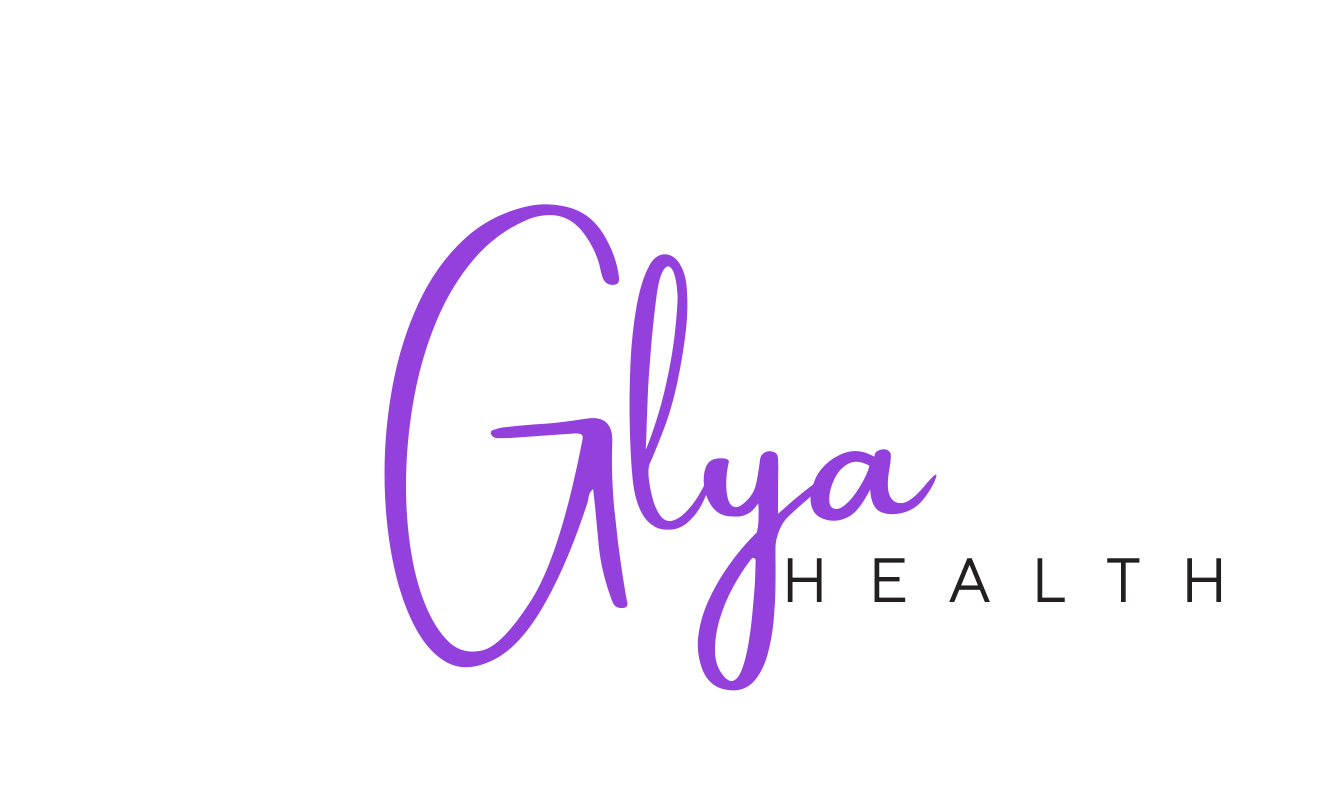The Art of the Caregiver’s Juggle
Being a Dementia Care Partner is about Choices, Not Balance
Life, as we know it, is a beautiful mess of tasks, responsibilities, and endless to-dos. But let’s be honest—whoever coined the term "work-life balance" clearly never had a to-do list that looked like a game of Tetris on fast forward!
Now add to that a parallel game of chutes and ladders, with Twister thrown in for fun, and that is what your “3-games in one juggle” feels like when you have a loved one with Alzheimer’s or other forms of dementia. Here’s the truth—juggling your life and someone else’s isn’t about achieving perfect balance. It’s just not that organized a process. It is about choosing which balls to toss in the air and catching them with grace (or at least with minimal face plants).
I slammed into full-on Twister-mode when a stroke accelerated the “memory loss” that I had written off as mom’s normal aging. Soon she was diagnosed with Alzheimer’s and vascular dementia....which propelled us head first into the discussion around the loss of car keys and driving…symbols of her independence! As her disease progressed, I felt guilty doing something for me when her bills needed to be paid, her pill box needed to be refilled, or she just wanted someone to talk to because her friends had slowly stopped calling, writing, and visiting.
She was lonely, grieving the loss of her independence, and pissed off at the world because she couldn’t enjoy the freedom she always coveted and the hobbies she used to love. Her family was her “everything” … so how could I take time to do the things she could no longer do? And then on top of that guilt, I got mad that I was losing her AND that MY life was so impacted.
Becoming a care partner for a loved one with Alzheimer’s or other forms of dementia is very overwhelming, anxiety inducing, lonely and depressing. As I meet other caregivers, so many of them have experienced the same roller coaster of emotions. The guilt of having to juggle silences you and those emotions quietly pile on top of the demands of your career, friends, and family.
My grandmother used to say that “one sick person can take out three healthy people”. And she wasn’t kidding! The only problem is that the family caregiver is so focused on caring for others - they don’t see that they are falling apart. I couldn’t…
I was trying to throw and catch all the balls - all at once. I was scheduled within an inch of my life, with no room for anything to go sideways. And it always did…
At that moment, my daughter staged an intervention … kindly but firmly confronting me, together with my son and husband. They were worried about my health and about my “breaking” from the stress I was under. They were mad at the “elders” who were demanding so much from me and wanted me to create some barriers for my own sanity. They wanted me to seek counseling. And they wanted me to find my smile again.
As it turned out, my mother passed away only a few months later. My family’s intervention led me to an amazing grief counselor, an acceptance of help, and the gift of some amazing interactions with my mom that I might never have had otherwise.
Alzheimer’s and other forms of dementia can be very long goodbyes. The toll that caring for a loved one takes on you can be huge (mentally, physically, emotionally, and financially). And it happens gradually over time so that you can’t always see it for yourself - until someone holds up a mirror.
So as I reflect on the question about whether or not work-life balance is real, the answer is that if you strive for balance you risk losing yourself in the process. Instead, I had to learn to focus on the art of the juggle—on knowing when to say “no” to things, to give myself permission to accept my life as it was in that moment, and most especially to ask for help.
Here’s the secret that I learned almost too late: It’s not about being perfect, it's about being present. You are giving your loved one the gift of time - making memories that you get to cherish long after holding hands with them is no longer possible.
So, cheers to the juggle—may our priorities be clear, our boundaries strong, and our smiles abundant. It is a work-life juggle, choosing what and who matters right now. There is strength in being vulnerable - in finding the ability to laugh at yourself … and with others.
In solidarity,
Kate
About the author: For over three decades, Kate Hermans has spent her career successfully leading cross-functional teams to create transformative and sustainable growth across a diverse suite of businesses ($10M-$4B). Currently, Ms. Hermans is a Strategic Advisor to both venture-backed and public biotech and healthtech companies. She is Board Chair of Clue by BioWink, Board Chair of a stealth HealthTech startup, serves on the Board of Mid-Atlantic Diamond Ventures, and sits on the Advisory Board of the Women’s Resource Center. Ms. Hermans exited the Board of Ambrx Biopharma (AMAM) in 2024, following Johnson & Johnson’s $2B acquisition, having served as CEO in 2022. She is an active speaker across multiple industry forums. Previously Kate held executive business leadership roles at Radius Health, Bristol Myers Squibb, Pfizer, Wyeth and Intel, working in the U.S., China, Africa, and globally.
